
Her neglected husband Jack ( Stanley Tucci) casually complains about their now sexless marriage and announces his desire to have an affair with a younger member of his faculty, without paying the slightest bit of attention to the constant life-or-death pressure Fiona seems to be under in her chosen field.


Naturally, Fiona rules the case in accordance with the law and the Parliament’s The Children Act, which puts logic over personal beliefs.Īt her upscale, tastefully decorated London flat complete with a Baby Grand Fazioli piano (on which she frequently plays Bach), things don’t seem any easier than they are in the courtroom. While the logical decision seems obvious-why not give one of them the chance to survive and thrive-the religious parents of the twins disagree with interfering with what they call God’s will and committing a surgical act they consider to be murder. In the opening moments, Fiona is about to rule a much-publicized case about twins conjoined at birth-surgically separating the twins will cause one of them to pass away, and leaving them be means the death of both.

Referred to as “My Lady” by almost everyone around her (as it should also be the case in real life, in all honesty), Thompson leads us into the film’s elaborate themes straightaway through her character Judge Fiona May. But director Richard Eyre’s film still poses sophisticated questions around family, religion, marriage, law and the delicate boundaries that can or cannot be crossed in each institution. Adapted by McEwan from his own novel and bolstered by an expressive performance by Emma Thompson (astounding even by her consistently high standards), “The Children Act” is perhaps a bit stilted in the overt way it sometimes attempts to spell out its arguments. Sophisticated and challenging, “The Children Act” continues this trend for filmgoers who would like to flex their intellectual muscles and engage with serious themes that don’t revolve around crudeness or kids in masks and spandex. But thanks in part to a reliable supply of Ian McEwan adaptations, like the excellent but frustratingly under-the-radar Spring 2018 release “ On Chesil Beach” ( Dominic Cooke), we are luckily treated to some refreshingly grown-up material featuring complex humans at life-defining crossroads, forced to make choices that directly clash with the set of beliefs they had thus far lived by. Graceful dramas for adults are a scarcity these days.


 0 kommentar(er)
0 kommentar(er)
